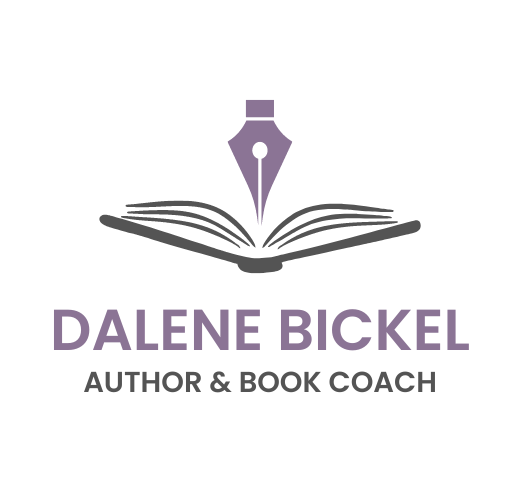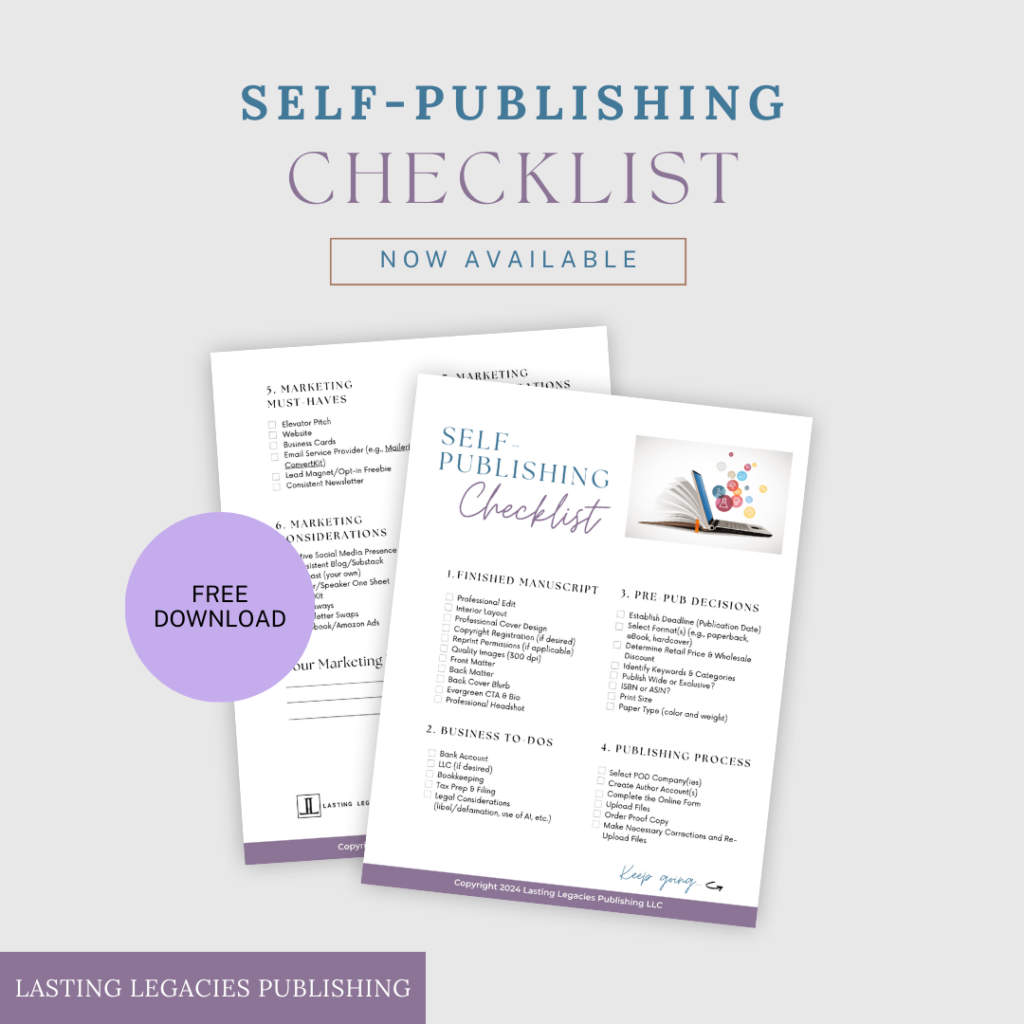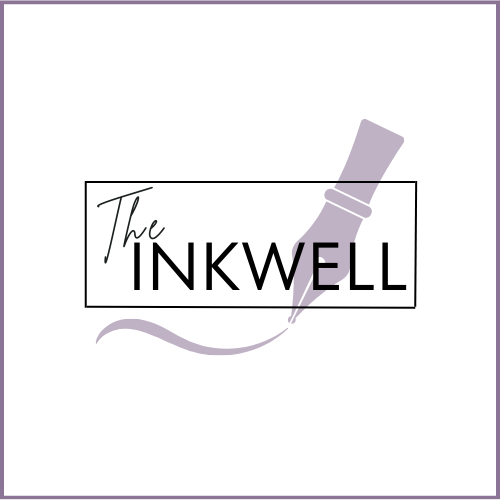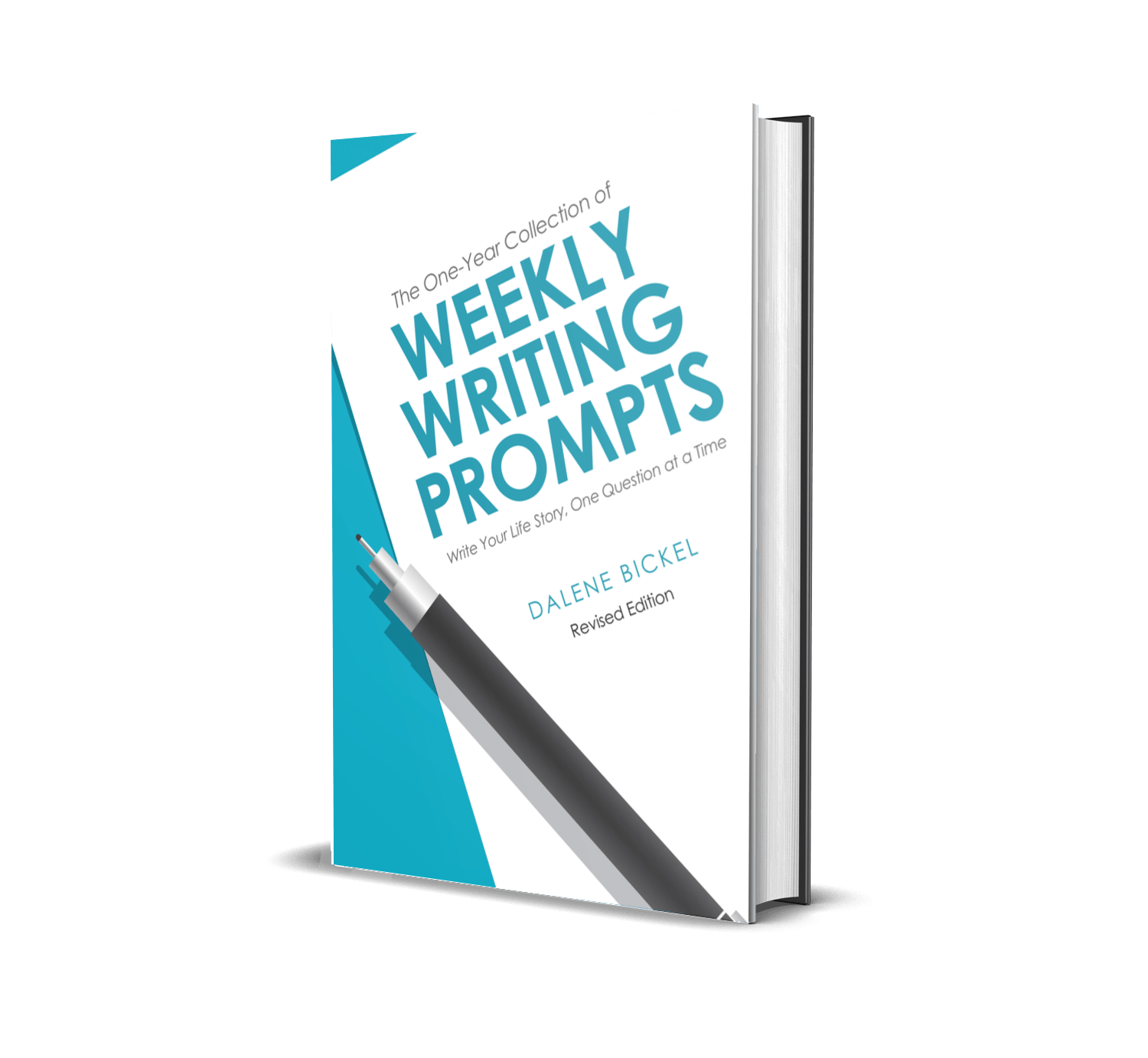LISTEN
WATCH
READ
As writers, we need to build a platform. This term has been around for a number of years now and can be defined as the number of people who are willing and able to purchase your books.
In theory, the more people you have on your email list and the more followers you have on social media, the better chances that your book will sell well.
As we all know, however, not every subscriber and follower will buy your book. We need to engage with these people to establish the know, like, and trust factor so that when our new book comes out, they’re eager to not only buy it, but just as importantly, recommend it to their followers, family, and friends.
It makes sense and sounds great, but it takes work. Lots of consistent, continual work. This is why many authors get frustrated: they want to write a book, not work as a marketer. Yet when you write a book, you instantly become a business owner whether you like it or not. And as with any business, you have to let people know about it.
Thus, it’s not surprising that traditional publishers require their authors to have an established platform before they commit to publishing our books. After all, they have a lot of skin in the game: They’re paying you an advance plus covering the costs of editing, designing, and printing. They need to recoup their costs before they ever begin to pay you royalties.
So it makes sense that traditional publishers require authors to have a platform in that regard. But the issue that then arises is the level of platform required. To be blunt, unless you’re a celebrity, politician, or athlete with immense numbers of followers, it’s very difficult to get a contract with one of the top traditional publishers. As can be expected, smaller publishers require smaller platforms but even the least-known hybrid publishers require a platform of some sort.
This is true with Christian publishers as well, which leads to the issue of profit vs. content.
I recently read an excellent Christianity Today article by Collin Huber that addresses this topic. The title and lede state:
“In Christian Publishing, ‘Platform’ Is Being Weighed and Found Wanting: Favoring big-name authors and “influencers” might be good for the bottom line, but not always for the books—and readers—themselves.”
Huber goes on to say that there’s “a tendency among publishers to evaluate prospective authors on the basis of their influence and not necessarily on the quality of their work … it undermines the mission of making good, Christ-honoring books.”
I agree.
He concludes his article by saying,
“Printing books readers want to buy may lead to a profitable business, but it may do little to care for their souls. With an elevated vision and sacrificial commitment, Christian publishers have an enviable opportunity to serve readers with books that truly nourish their hearts and minds. May it be so.”
Amen. Indeed, may it be so.
While we may not be able to directly sway the publishing industry’s decision making, we absolutely can control our own decision making.
The point of sharing this information isn’t so we become cynical and overly critical of the publishing industry, but rather to be aware of industry trends so we can pray for God’s guidance, adapt appropriately, and home in on our strengths to accomplish what’s required.
Platform building isn’t going to go away. We can’t hide away as we write and then expect everyone to know about it and seek us out, begging for our book when it’s complete.
No, we have to actively build an engaged audience by playing to our strengths and bandwidth.
- If you enjoy social media, by all means, focus on building your platform there.
- If you thrive on public speaking, focus on speaking to groups that align with your content. Pitch yourself as a podcast guest.
- If writing is your absolute passion, create a blog and pitch articles on topics related to your niche to various publications.
Focus on what gives you joy and puts your book’s message in front of the right audience.
Don’t feel pressured to do everything all at once. For example, if your focus is going to be on social media, don’t try to actively maintain five different social accounts (IG, Twitter, FB, TikTok, and Pinterest). Just pick one to focus on at a time.
The key is to create engaged followers, not just a high number of followers, AND to convert them into email subscribers. Your email list is where the book sales happen.
That’s another topic for another day. But just know that your email list is vital to your author career.
Switching to a different yet related topic, if you look closely at many of the top-selling indie and traditional authors, you’ll notice that a large percentage of their sales come from ebooks.
This is one format that offers immense flexibility and ROI:
- They’re immediately available after purchase,
- easy to distribute to your readers,
- easy to update and make corrections after publication, and
- enable you to enter book promos on sites like BookFunnel and BookBub that get your stories in the hands of new readers.
Unless you’re writing a journal or workbook, you should seriously consider adding this format to your repertoire.
Yet for traditionalists like me, paperbacks are still the gold standard. And print books, whether paperback or hardcover, need shelf space, particularly in bookstores. Which leads me to the next article I want to highlight: What Can We Learn from Barnes & Noble’s Surprising Turnaround? (substack.com) by Ted Gioia.
When Barnes & Noble placed James Daunt in charge of their company a few years ago, they were on the brink of collapse.
Daunt was a man with a long track record of successfully owning, growing, and saving bookstores. And he turned B&N around, too. How?
Not by adhering to any of the trending tactics. In fact, according to Gioia’s article, Daunt basically succeeded by going against all the long-established practices.
“For a start, [Daunt] refused to discount his books … [and] stopped all the ‘buy-two-books-and-get-one-free’ promotions … [claiming that] when you give something away for free, it devalues it. [Furthermore,] “He refused to take any promotional money from publishers.”
Goioia concludes by stating, “But the key element … is putting books and readers first, and everything else second.”
I believe this is solid advice for authors as well:
Make writing your book and engaging with your existing readers/followers your top priorities. If you write a quality book, those loyal readers – no matter how many or few you have – will help grow your following through word-of-mouth recommendations.
Don’t worry about growing fast; grow faithfully.
Focus on honoring God in all your actions and trust Him to bring your book to just the right readers at just the right time.
Plus, you no longer have to rely on traditional publishing companies – secular or Christian – to get your book into the hands of your readers.
Self-publishing (aka indie publishing) has come a long way from its humble beginnings in the mid-1990s. Today’s quality can be every bit as good as a traditionally published book PLUS self-publishing allows you to stay true to your mission of writing books that care for the reader’s soul and control when and how you market your book.
If you’d like help with either the writing or self-publishing phase of your book project, visit DaleneBickel.com/services
Or, if you’d like a chance to jumpstart your chances at getting published traditionally, consider entering one of the following three writing contests:
Upcoming Writing Contests
The Word Awards (TWA)
“The Word Awards recognizes the work of Canadian writers who are Christian. Our awards program exists to encourage writers and recognize their accomplishments over the past year. Through judges’ critiques, writers can hone their skills. Being a finalist (or a winner!) in a category encourages writers in their journey and also gives them promotional opportunities. Together, we are on a path to make Christian writing in Canada the very best it can be.”
Next two from FundsforWriters newsletter by Hope Clark:
WRITER’S DIGEST ANNUAL WRITING COMPETITION
“$20-$30 ENTRY FEE. Early-Bird Deadline: May 5, 2023. One Grand Prize winner will receive $5,000, an interview with them in Writer’s Digest (Nov/Dec 2023 issue) and on WritersDigest.com , a paid trip to the Writer’s Digest Annual Conference, including a special trophy presentation at the keynote, a coveted Pitch Slam slot at the Writer’s Digest Conference where the winner will receive one on one attention from editors or agents, and publication of their winning piece on WritersDigest.com . Other prizes range from $25-$1,000 and publication. Categories: Inspirational/Spiritual, Memoirs/Personal Essay, Nonfiction Essay or Article, Genre Short Story (Mystery, Romance, etc.), Mainstream/Literary Short Story, Rhyming Poetry, Non-rhyming Poetry, Humor, and Children’s/Young Adult Fiction.”
VETERANS WRITING AWARD
“NO ENTRY FEE. Deadline February 15, 2023. We invite unpublished, full-length manuscripts for consideration. The award is open to U.S. veterans and active-duty personnel in any branch of the U.S. military and their immediate family members. This includes spouses, domestic partners, siblings, parents, and children. The award includes $1,000 and a publication contract with Syracuse University Press. Manuscripts of high merit not selected for the final award may receive honorable mention. Submit a full-length memoir, collection of nonfiction essays, or creative nonfiction piece in manuscript form. Submissions must be double-spaced in a standard twelve-point font (such as Courier or Times New Roman) and should not exceed 90,000 words.”
The Inkwell Collective
The Inkwell Collective is a new membership community where Christian writers gather virtually to write, build their faith, establish meaningful connections, and get their book-related questions answered!
Plus early access to events such as the inaugural in-person writing retreat and writing programs.
Oh, and did I mention it’s not on social media?! Check it out! IC is launching next week – get on the wait list!
Giveaway Winner!

Congratulations to Melissa Pickens who won a paperback copy of my book, The One-Year Collection of Weekly Writing Prompts: Write Your Life Story, One Question at a Time, for sharing about the Ink and Impact podcast on social media last week! Thank you, Melissa – enjoy your book!








0 Comments